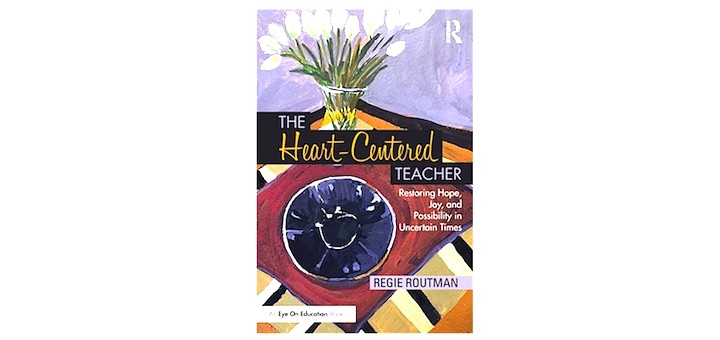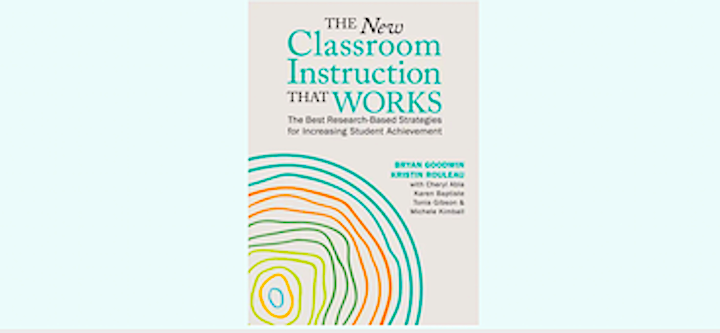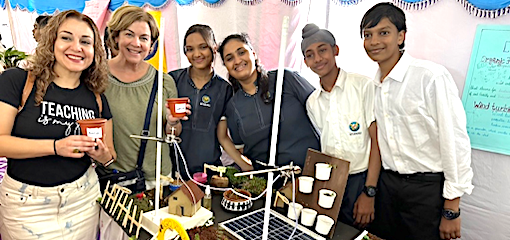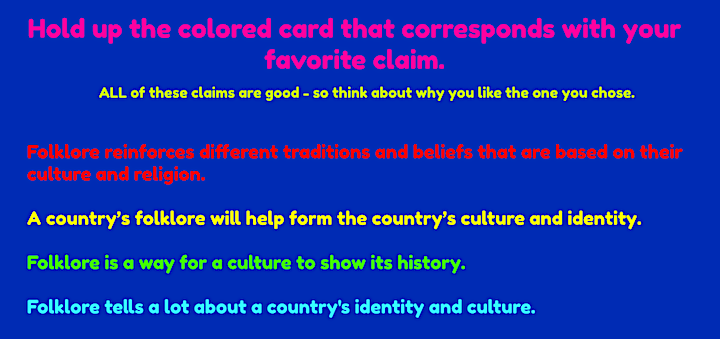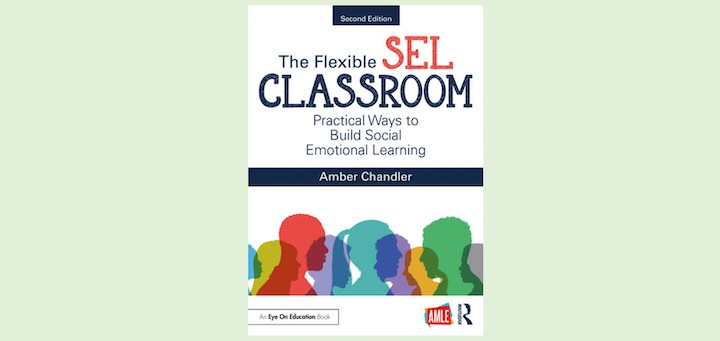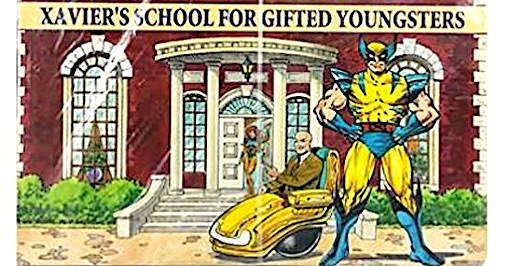Teaching and learning in grades 4-8
The Heart-Centered Teacher lives up to its promise of renewal, writes educator Sarah Cooper. Routman’s newest book “strives to be a mosaic of sorts: a combination of sometimes searing, sometimes poignant personal stories with on-the-ground insights from decades of experience.”
This year Katie Durkin’s 7th grade ELA students are involved in a weekly routine of G.R.O.W. work (Grammar, Reading, Open Write, and Word Work). Each 15-minute lesson aims to ‘grow’ stamina and literacy skills they can apply in her class and across the academic disciplines.
As educators search for the best instructional approaches and resources to address the effects of disrupted and unfinished learning, they should reject remediation and identify strategies that accelerate the learning experience of students, write Sonya Murray and Gwen Turner.
Walking meetings are not only a good wellness strategy, they’re great for brain-storming, problem-solving and increasing productivity, writes teacher and school leader Kasey Short. The change in scenery, relaxed atmosphere and movement can be like a “reboot” for body and mind.
With examples from all levels of education, The New Classroom Instruction That Works is a useful tool for beginning teachers and lifelong educators alike. Goodwin and Rouleau capture proven researched-based strategies for every classroom, writes teacher leader Hannah Mickey.
Once teachers see, value, and capitalize on a learner’s unique talents and strengths, it changes the student and it changes us, writes Regie Routman. “Possibilities override limitations. Pride of accomplishment replaces failure. Effort leads to excellence. Joy is present, the best gift of all.”
India is different from the U.S. in many ways, writes Fulbright teacher Marilyn Pryle, but many of the issues they are trying to address are global issues that all countries face. Here are three things India’s public schools often do better than their American counterparts.
At times we can be overwhelmed by all the fresh ideas we want to try out in a new school year. By narrowing her goals down to three top priorities, Megan Kelly aims to make lessons more meaningful for students, improve family engagement, and do better at tracking individual progress.
The new edition of Amber Chandler’s “The Flexible SEL Classroom” keeps its promise to provide practical ways to build social emotional learning, writes Anne Anderson. Chandler supports teachers with fresh ideas as they personalize learning for today’s post-pandemic students.
Like superheroes, every teacher has an origin story that imbues them with powers, prowess and, most important, purpose. Reminding ourselves not only why but HOW we came to be teachers can help us better see the struggles and potential of our students, writes Dr. Daniel Bergman.

